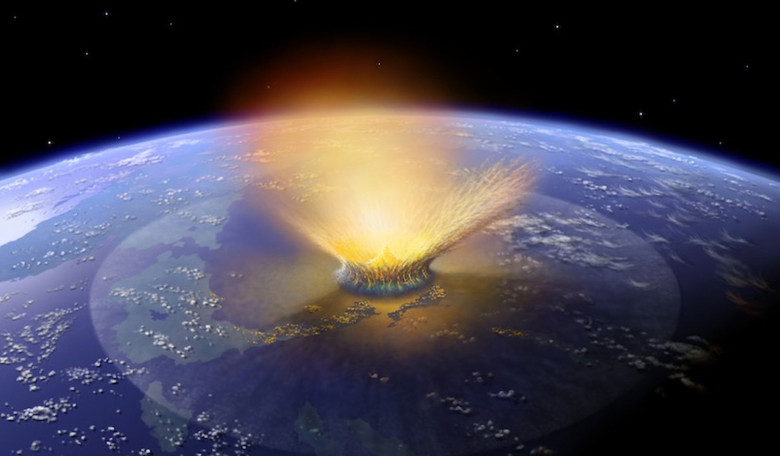June 30th marks Asteroid Day – a global event that is now becoming a yearly anniversary to draw attention to the random massive objects cruising through space looking for a planet to crash-land on. And we all hope Earth is not one of them.
Asteroid Day only began in 2015 but already it has become officially recognised by the United Nations, as the people behind it seek to draw world-wide attention to the rather large and unruly rocks that could spell doom for life on our planet.
“We are extremely proud of the UN recognition as we founded Asteroid Day to raise awareness of the asteroid threat and the opportunity for the human species to unite around a single goal: protect our planet from asteroid impacts,” stated co-founders Dr. Brian May, Danica Remy, Grig Richters and Rusty Schweickart in an interview earlier this year. “Asteroid impacts are the only natural disaster we know how to prevent if we, as the crew of Spaceship Earth work together towards a global solution.”
Although the dedicated Asteroid Day Team have established their headquarters in Luxembourg, there are many events, activities and talks around the world highlighting what is being done by space agencies and companies to prevent an impending catastrophe of global proportions.
The Japan Aerospace Exploration Agency (JAXA) will be the first to kick off space agency coverage at 5.00 AM CET / GMT+2 live from Tokyo. Makoto Yoshikawa, the Principal Investigator of the Hayabusa-2 mission to asteroid Ryugu, will talk about the project including the science behind it, its goals, expected results and what can be learnt from the mission.
ESA will then broadcast a live segment from the European Space Operations Centre – ESOC in Darmstadt, Germany. ESA already has a hands-on approach for dealing with the threat of a collision by a near-Earth object (NEOs) and has started to build a co-ordination centre in Paris where data on NEOs is available to European researchers and the public alike.
“At ESA, we want to observe the sky in order to find out what kind of asteroids are approaching, which are having an impact risk, that’s why we have established a whole network in Europe, where we work together with professional astronomers. We have a telescope in Tenerife – a big one metre telescope that is observing the sky. We have smaller telescopes run by amateurs, so we try to bring everything together in Europe to make a common effort to find as many asteroids as possible,” said Rüdiger Jehn, co-manager of near-Earth object activities under ESA's Space Situational Awareness (SSA) programme.
Further talks are scheduled later in the day by NASA and Osiris-Rex and The Lunar And Planetary Laboratory. In addition to big space agencies, a whole host of individuals from astronauts to experts on space and all that reside in it, who no doubt will ensure that when it comes to asteroid facts and figures, no rock will be left unturned.
For the full list of events scheduled for today, please see the Asteroid Day website.











